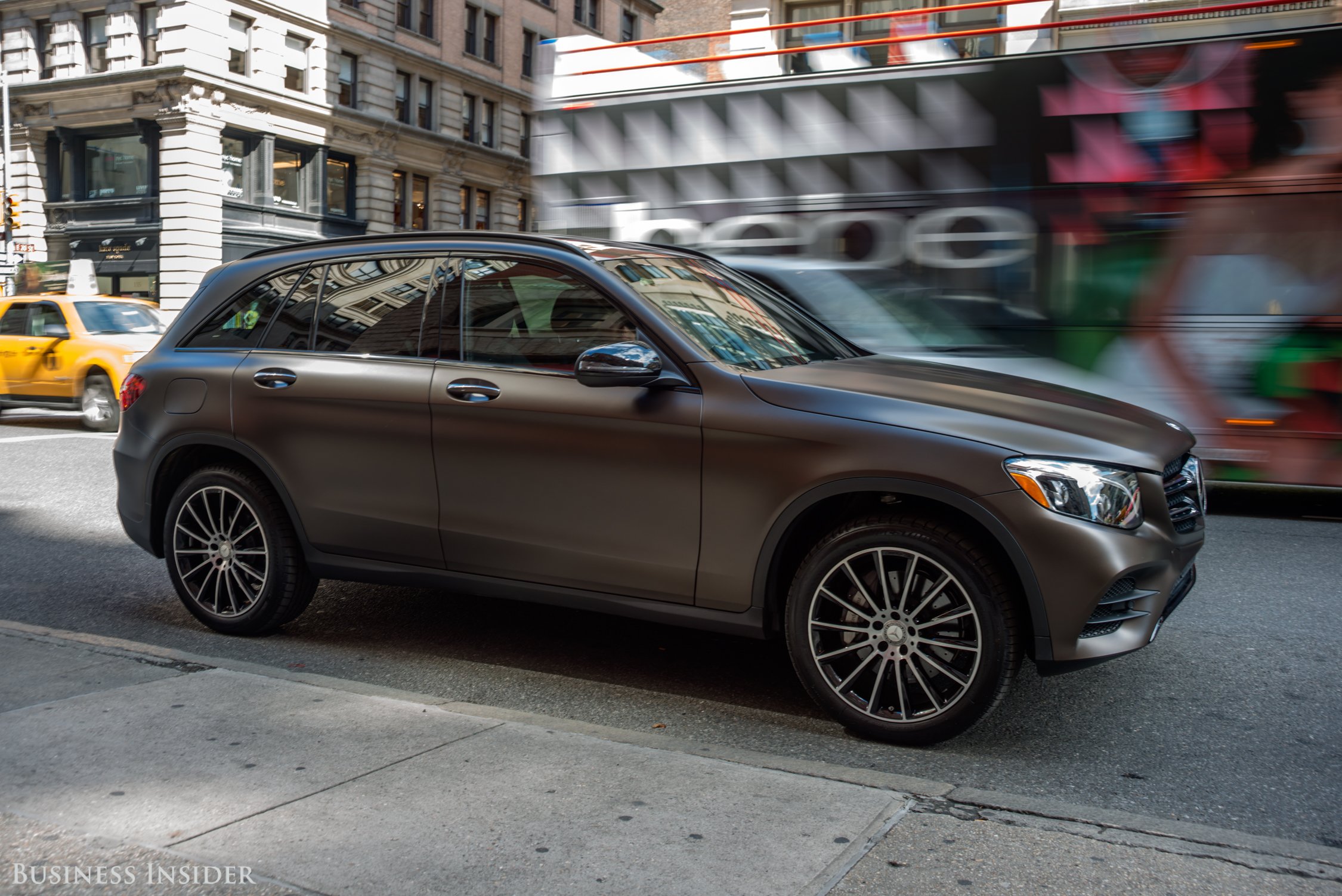
Luxury cars and regular-old SUVs are a pair of reliable profit drivers in the auto business.
But luxury cars have seen their fortunes stall in recent years. Premium brands have dealt with this by rolling out more SUVs. And it looks like the strategy is working.
“Low gas prices, changing consumer tastes and attractive new vehicles are creating the perfect environment for luxury SUV sales to grow,” Jessica Caldwell, executive director of industry analysis for consumer auto site Edmunds.com said in a statement.
“Given that luxury brand loyalty rates are typically higher than for volume brands, this trend has the potential to affect this vehicle segment for years to come.”
The numbers are impressive: luxury SUVs will outsell luxury cars for the first time in 2016. And according to Edmunds, “SUVs are bringing growth to brands that historically have been considered niche players.”
The site pointed to Jaguar and Volvo and prime examples.
Those automakers are “enjoying the most gains, thanks to the popularity of the F-Pace and XC90,” leading to a Jaguar sales increase of “more than 81% through the first three quarters of the year, while Volvo’s overall sales rose almost 26 percent.”
The auto market might, in fact, be experiencing a structural shift away from cars and into SUVs and crossovers. For luxury brands, this is going to be tricky.

For example, Mercedes, BMW, and Audi all have at the core of their portfolios passengers cars. They also sell crossover SUVs, but they can’t conceivably bail out on cars — even if the market becomes increasingly unfriendly to them — because that type of vehicle in enmeshed with their brands.
BMW’s “ultimate driving machine,” historically, has been the 3-Series sport sedan, not the X3 or X5 crossover.
This logically presents an opportunity for some luxury brands — Acura leaps to mind — that have lagged the so-called Tier 1 luxury players, but that aren’t as wedded to car sales.
Whether there’s truly a structural shift afoot is in any case a question that won’t be answered until gas prices start to move up again from their currently, relatively low levels.













